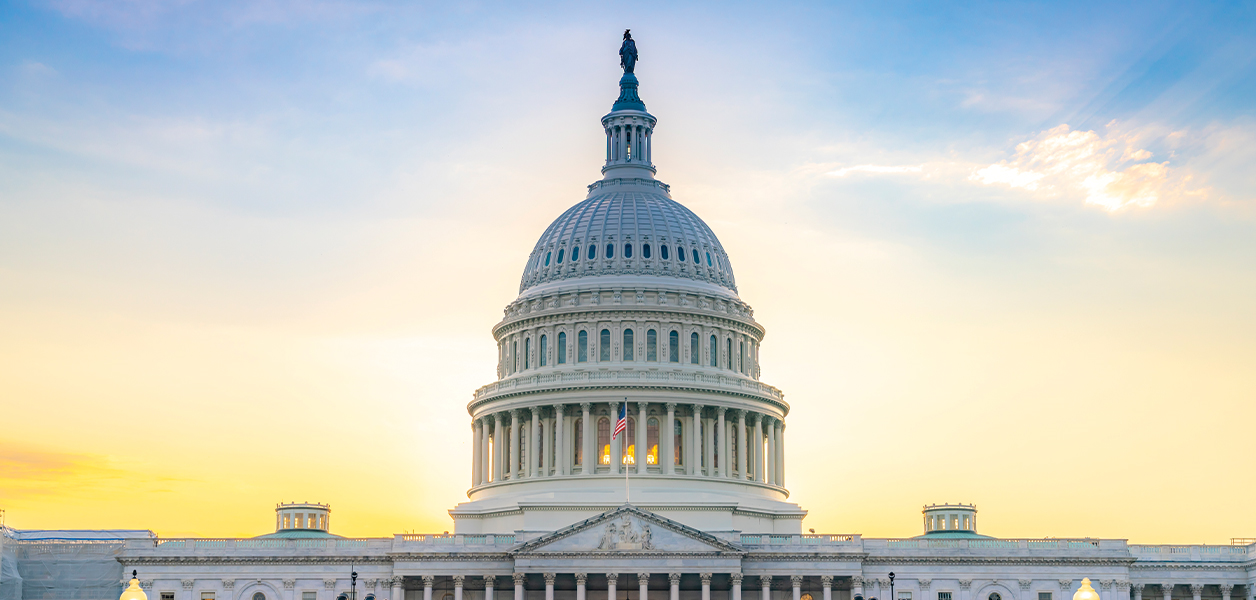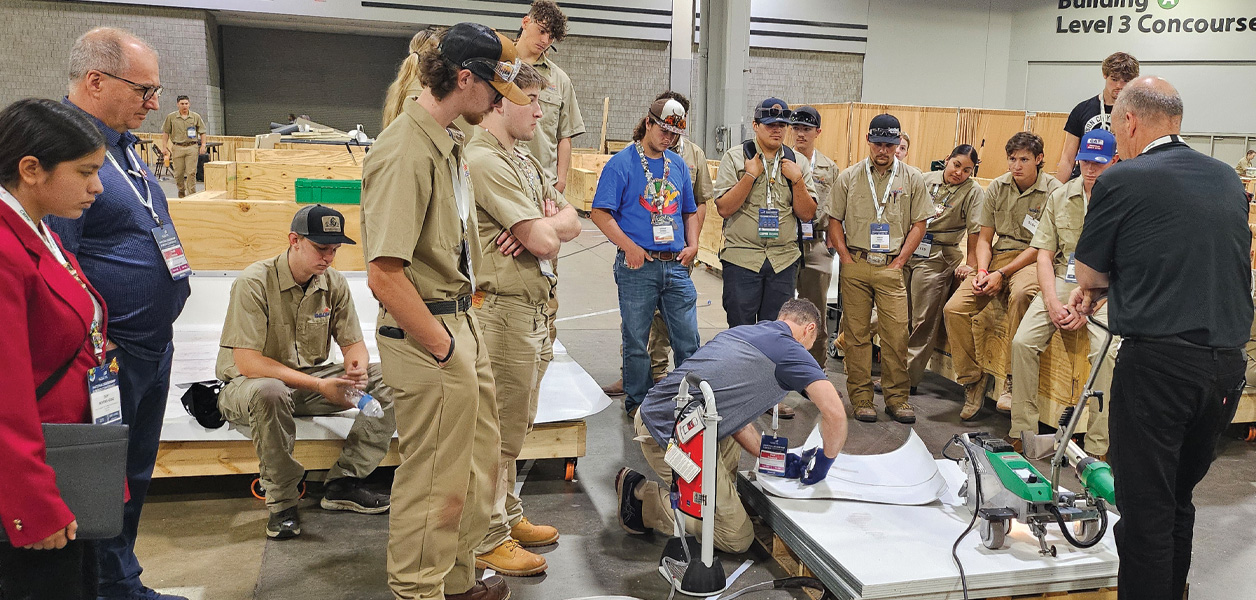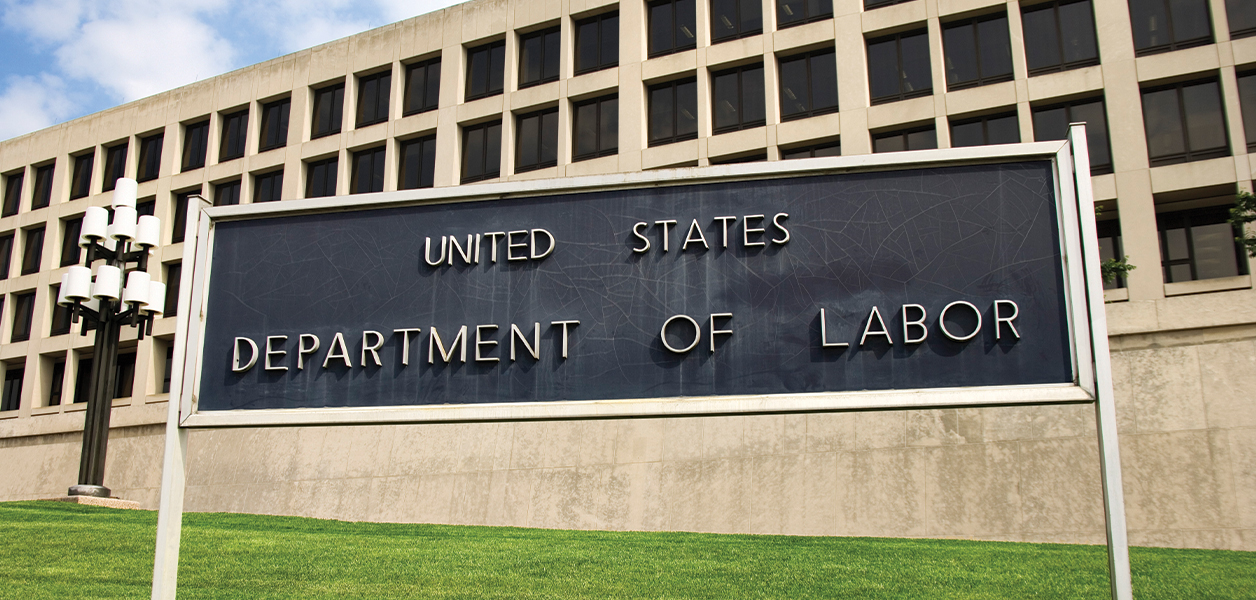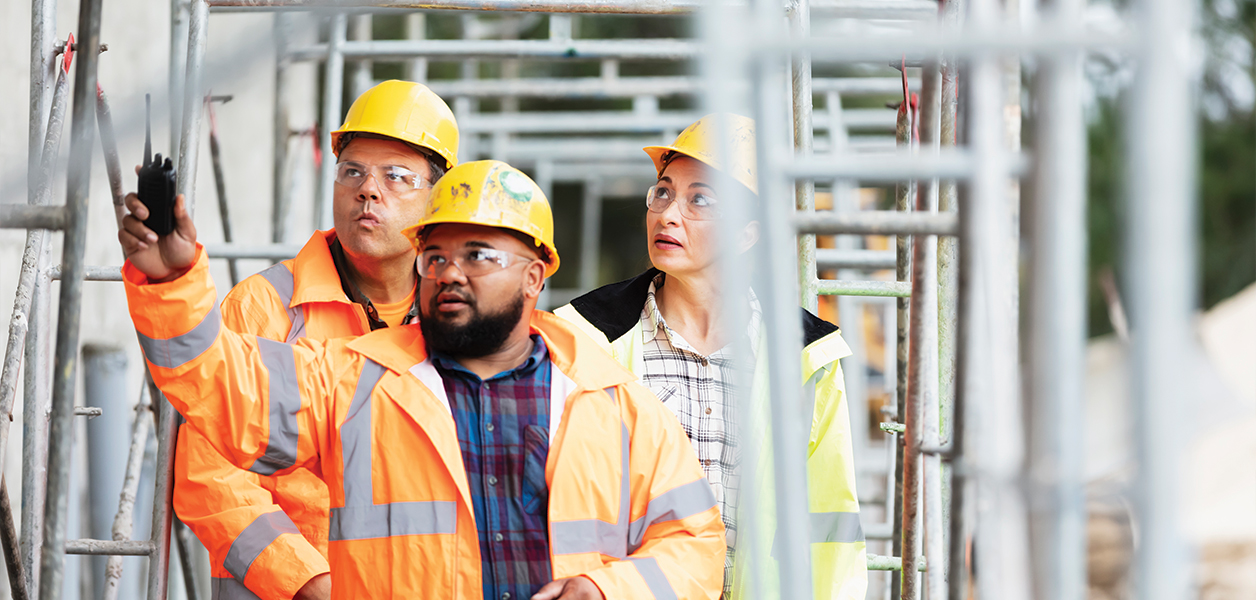IRS issues guidance regarding beginning of construction rules for clean energy credits
On Aug. 15, the IRS released Notice 2025-42 (N-25-42), providing updated requirements for technology-neutral clean electricity credits under Sections 45Y (production tax credit) and 48E (investment tax credit). The credits apply to wind, solar and certain other clean electricity projects and only for facilities placed in service by Dec. 31, 2027, unless construction begins no later than July 4, 2026. To qualify under this guidance, you must meet a Physical Work Test, which requires demonstrating significant physical construction activity. The traditional 5% safe harbor (spending at least 5% of project costs up front) is no longer available, except for small solar projects up to 1.5 megawatts (AC), which retain access to that method.
Once construction begins, projects must show continuous progress until completion through ongoing work or by meeting a safe harbor timeline. The notice makes exceptions for severe weather, natural disasters or delays in permitting under the consistent activity until completion requirement. For projects consisting of multiple facilities, continuity is measured when the last facility is placed in service. For single facilities, it is measured when that one facility is completed.
The IRS provides a four-year safe harbor, meaning it will automatically satisfy the continuity test if the facility is placed in service within four years of when construction began. Further, smaller-scale solar projects—those with output of 1.5 MW (AC) or less—have additional flexibility to demonstrate construction start under either the Physical Work Test or the traditional 5% safe harbor.
To prevent abuse, the IRS may aggregate multiple nearby facilities into a single project when applying these rules. This ensures developers cannot artificially divide larger projects into several smaller ones to qualify for the small-solar exception.
Contact your members of Congress in support of key workforce legislation
As it becomes more difficult to find qualified candidates for well-paying, family-sustaining jobs, NRCA continues advocating for initiatives needed to address the roofing industry’s challenging workforce needs, and we need your help! Please take a moment to contact your members of Congress using NRCA’s grassroots website and ask them to support two pieces of critical legislation that will help roofing industry employers address their workforce needs.
First, join NRCA to support a robust increase of $70 million for Perkins State Grants for career and technical education in congressional appropriations legislation. Funding for CTE is essential to providing innovative strategies and tools to help close the skills gap in the current workforce.
Second, join NRCA to support the Dignity Act of 2025 (H.R. 4393), bipartisan legislation to enhance border security and secure the industry’s workforce. This initiative will expand border security capabilities; phase in use of E-Verify for employers; and allow long-term undocumented immigrants to transition to lawful permanent status through work experience, military service or higher education. It will also provide new resources for expanded workforce training, apprenticeships and other opportunities for U.S. workers. Your engagement regarding these key issues is vital to our success!
State Department announces revised policy regarding visa interview waivers
The Department of State announced that beginning Sept. 2, applicants for certain types of visas, including H-2B visas, must be interviewed before receiving a visa to work in the U.S. There no longer will be an interview waiver option for H-2B applicants, and all applicants—including those with prior visas—will need to attend an in-person interview at an embassy or consular office in their country. This policy change takes effect Aug. 28.
NRCA and other members of the H-2B Workforce Coalition are concerned this policy change could result in processing delays that will substantially delay employers’ ability to hire H-2B workers to meet their peak workforce needs in a timely manner. On Aug. 19, the coalition sent a letter to Secretary of State Marco Rubio and Secretary of Homeland Security Kristi Noem to request this matter be reconsidered for qualifying H-2B applicants and that the previous policy of granting interview waivers be reinstated to avoid delays that could adversely affect employer workforce needs.
FAA and TSA publish proposed rule for unmanned aircraft systems
On Aug. 7, the Federal Aviation Administration and Transportation Security Administration published a Notice of Proposed Rulemaking requesting public comment regarding its proposed “Normalizing Unmanned Aircraft Systems for Visual Line of Sight Operations.” The proposed rule seeks to support the integration of unmanned aircraft systems into the national airspace system by providing a predictable, clear pathway for safe, routine and scalable operations. The proposal envisions performance-based regulations to enable the design and operation of unmanned aircraft systems at low altitudes beyond visual line of sight and for third-party services that support these operations. Comments from the public are due Oct. 6; view more information.





